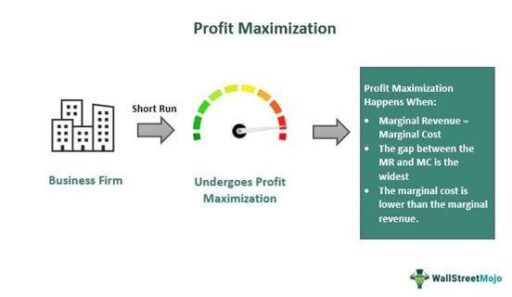In the world of freelance and contracting work, navigating the world of taxes can feel like wading through a murky sea of forms and regulations. However, understanding tax deductions can be the key to not only saving money, but also maximizing your profits. In this guide, we will break down the complex world of tax deductions for freelancers and contractors, helping you take control of your finances and make the most out of your hard-earned money.
– Maximizing Business Expenses: Key Tax Deductions for Freelancers and Contractors
As a freelancer or contractor, it’s crucial to understand the key tax deductions that can help maximize your business expenses and ultimately save you money. By taking advantage of these deductions, you can reduce your taxable income and potentially lower your overall tax liability. Here are some important deductions to keep in mind:
- Home Office Expenses: If you use a portion of your home exclusively for business purposes, you may be able to deduct expenses such as rent, utilities, and insurance.
- Business Supplies: Materials and supplies necessary for your work, such as computer equipment, software, and office supplies, can typically be deducted.
- Travel Expenses: Costs related to business travel, including transportation, lodging, and meals, are often deductible.
| Expense Category | Deductible Amount |
|---|---|
| Home Office Expenses | $500 |
| Business Supplies | $1,000 |
| Travel Expenses | $800 |
By keeping detailed records of your business expenses and staying informed about the tax deductions available to you, you can ensure that you are making the most of tax-saving opportunities as a freelancer or contractor. Don’t overlook these deductions, as they can make a significant difference in your bottom line come tax time.

– Navigating the Complexities: Understanding Home Office Deductions and Self-Employment Taxes
Freelancers and contractors have the benefit of being able to deduct a variety of expenses related to their home office, but navigating the complexities of self-employment taxes can be overwhelming. Understanding which deductions you qualify for and how to properly claim them is essential for maximizing your tax savings. One key deduction available to self-employed individuals is the home office deduction, which can help offset the costs of working from home.
When it comes to self-employment taxes, it’s important to know the rules and regulations surrounding what you owe. Self-employed individuals are required to pay both the employer and employee portion of Social Security and Medicare taxes, known as self-employment taxes. Familiarize yourself with the various tax forms and deadlines that apply to freelancers and contractors, and consider working with a tax professional to ensure you are compliant with all tax laws and regulations.

- Accounting for Retirement and Health Savings: Strategies for Tax-Efficient Savings as a Freelancer
When it comes to accounting for retirement and health savings as a freelancer, there are several strategies you can use to maximize tax-efficient savings. One of the most popular options is setting up a solo 401(k) or a SEP IRA, which allows you to contribute a significant amount of money each year towards your retirement while also lowering your taxable income. Additionally, contributing to a Health Savings Account (HSA) can also provide tax benefits, as your contributions are tax-deductible and withdrawals for qualified medical expenses are tax-free.
Another important strategy for tax-efficient savings as a freelancer is taking advantage of business expenses that are tax-deductible. These can include things like office supplies, travel expenses, and professional development courses. Keeping track of all your expenses throughout the year and deducting them on your tax return can help lower your taxable income and save you money in the long run.

– Leveraging Technology: Tools and Apps to Streamline Tax Deductions and Record-Keeping for Independent Workers
As an independent worker, keeping track of tax deductions is essential for maximizing your potential savings. Fortunately, there are numerous tools and apps available to streamline this process and make record-keeping a breeze. By leveraging technology, freelancers and contractors can easily track their expenses, categorize deductions, and ensure they are claiming everything they are entitled to.
One popular tool for managing tax deductions is QuickBooks Self-Employed. This app allows users to track mileage, categorize expenses, and even estimate quarterly tax payments. Another handy app is Expensify, which simplifies the process of tracking receipts and submitting expense reports. By utilizing these tools, independent workers can save time and stress when it comes to tax season, ensuring they are well-prepared and organized.
The Way Forward
In conclusion, navigating the world of tax deductions as a freelancer or contractor can seem complex and overwhelming at first. However, armed with the right knowledge and resources, you can effectively maximize your deductions and keep more money in your pocket. By staying organized, keeping accurate records, and seeking guidance from tax professionals when needed, you can confidently navigate the ever-changing landscape of tax laws and regulations. Remember, paying taxes is a necessary part of being a responsible citizen, but there’s no harm in taking advantage of legitimate deductions to minimize your financial burden. Here’s to a successful tax season and a prosperous year ahead!
